The treatment of alkyl chlorides with aqueous KOH leads to the formation of alcohols but in the presence of alcoholic KOH, alkenes are major products. Explain.
In aqueous KOH,OH– is nucleophile which replaces another nucleophile.
R−X+KOH→R−OH+KX
Where as in alcoholic KOH, C2H5O– ion is produced which is a strong base hence β-elimination took place to form alkane
C2H5OH+COH→C2H5O−+K+
CH3CH2−CI + alcoholic KOH→CH2=CH2+C2H5OH
Topper's Solved these Questions
- HALOALKANES AND HALOARENESBOOK - CBSE COMPLEMENTARY MATERIALCHAPTER - HALOALKANES AND HALOARENESEXERCISE - LONG ANSWER TYPE QUESTIONS (5 Marks)
5 Videos
- GENERAL PRINCIPLES AND PROCESSES OF ISOLATION OF ELEMENTSBOOK - CBSE COMPLEMENTARY MATERIALCHAPTER - GENERAL PRINCIPLES AND PROCESSES OF ISOLATION OF ELEMENTSEXERCISE - Short Answer-II Type Questions
5 Videos
- P-BLOCK ELEMENTSBOOK - CBSE COMPLEMENTARY MATERIALCHAPTER - P-BLOCK ELEMENTSEXERCISE - LONG ANSWER TYPE QUESTIONS
15 Videos
Similar Questions
The treatment of alkyl chlorides with aqueous KOH leads to the formation of alcohols but in the presence of alcoholic KOH, alkenes are major products. Explain.
View SolutionThe treatment of alkyl chloride with aqueous KOH leads to formation of alcohols but in the presence of alcoholic KOH, alkenes are major products. Explain.
View Solution
Knowledge Check
Haloalkane in the presence of alcoholic KOH undergoes
AeliminationBpolymerizationCsubstitutionDdimerization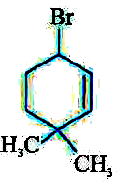 on treatment with aqueous KOHA
on treatment with aqueous KOHA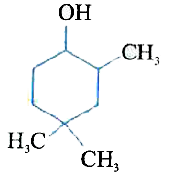 B
B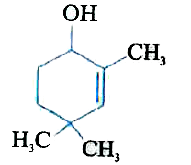 C
C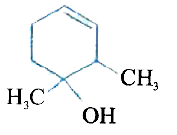 D
D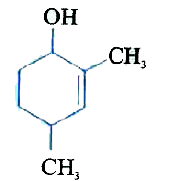
2-Chlorobutane on treatment with alcoholic KOH/Δ gives major product :
A2-ButeneB1-ButeneC2-ButanolD1-Butyne
The treatment of alkyl chlorides with aqueous KOH leads to the formation of alcohols but in the presence of alcoholic KOH, alkenes are major products. Explain.
View Solutiona. The treatment of RX with aqueous KOH leads to the information of alcohols but in the presence of alcholic KOH or NaOH, alkenes are the major products. Expalin why.
b. CHF3 is less acidic than CHCl3. Explain.
c. Wurtz reaction in case of tert-alkyl halide fails. Explain.
d. Dipole moment of C6H5Cl is lower than that of C6H11Cl (cuclohexul choride). Expalin why.
e. Why should Grignard reagent be prepared under anthydrous conditions?
f. Why does p− dichlorobenzene have higher melting point and lower solubility than o− and m− isomers ?
View SolutionThe reaction of chloroform with alcoholic KOH and p-toluidine form-
View SolutionThe reaction of chloroform with alcoholic KOH and p-toluidine forms:
View SolutionThe reaction of chloroform with alcoholic KOH and p-toluidine forms :
View Solution
